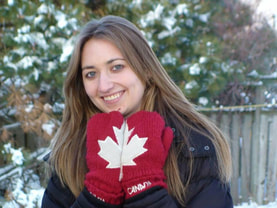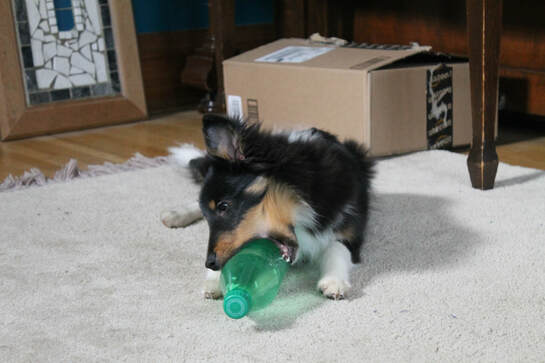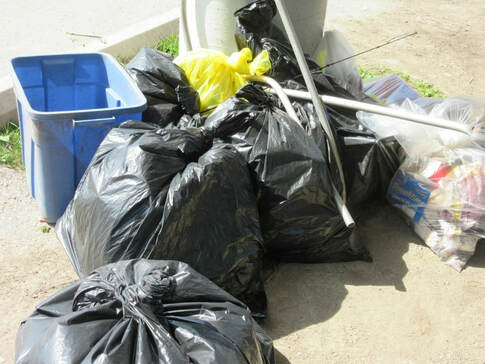|
A young turtle gets a metal band stuck around its body; its body becomes deformed as it grows and the band does not break. A pigeon loses a toe from floss or thread getting caught around its foot. Fish ingest microbeads and that plastic is in turn ingested by humans that eat the fish. The plastic island is 16x bigger than previously thought. My dog ends up in the emergency room and almost died because he licked what seemed to be a littered marijuana cigarette butt in the lane. These are just a few examples of the many problems that occur from littering. I was in Cuba last year and noticed quite an amount of litter along the road and the beach. I went snorkeling and picked up a wrapper out of the ocean. I wondered how Cuba deals with garbage and recyclable products. On the resort, we tried to use our reusable water bottles or have drinks in glasses instead of plastic cups. As we had to use bottled water, I packed some empty ones in my suitcase to bring back to recycle in case there was no recycling on the resort. My dog was quite happy as he loves to play with the bottles! At home in Toronto, litter is visible daily. While walking my dog, I observe trash in the lanes, loose bottles in the school yards, and poop bags or coffee cups in leaf bags sitting out for collection. Yet Toronto has quite the recycling program. Even plastic bags like milk bags and grocery store produce bags are recyclable now! They just have to be put all together in one plastic bag since individual ones can get caught in machines. So why is there still litter? Laziness? Lack of consideration? Lack of caring? Lack of seeing the impacts of littering firsthand? It really is not that difficult to put items in their proper place, put a wrapper in your pocket until you get to a garbage can, or carry that empty coffee cup one more block until you get home. Even cutting the zips off Ziploc bags so they can be recycled is not much effort; it becomes routine. Recycling was ingrained in me through school and my parents ensuring I put items in the appropriate bins. The school curriculum has not changed. Some schools and businesses are even getting more bins on site, such as compost bins in the bathroom for paper towel. Ontario has a new strategy and new legislation that lays out Ontario’s vision for a circular economy and goals of a zero-waste Ontario with zero greenhouse gas emissions from the waste sector: divert 30% of waste by 2020, 50% by 2030, and 80% by 2050. This is because each Ontarian, on average, produces more than 850 kilograms of waste every year. For the past 10 years, only 25 per cent of our waste has been recycled and the situation has not improved. This means that over eight million tonnes of our waste is sent to a landfill each year. The waste sector is also responsible for approximately six per cent of the greenhouse gas emissions we produce. Achieving this goal will require change and sustained leadership. The four objectives, in summary, are as follows. More information can be found online here.
I think this is a very admirable goal and I am curious how it will go over with both consumers and manufacturers. I think we can do it if some attitudes change. Lists of which items go where can be printed from the internet and put above bins to teach or reinforce people about what goes where. Parents can give their kids incentives to recycle or make games out of it. The younger kids are taught, the more likely the habit will stick. It can be part of a routine. Join shoreline cleanups and find the most unique or grossest item or have a contest as to how many cigarette butts you can pick up (my friend and I picked up 2000 in a couple of hours). You will be helping to save wildlife, keep the environment clean, and even protect human health.  Katherine Wright has always been passionate about wildlife and wildlife conservation. She has a Master's of Science wherein she studied two populations of at-risk humpback dolphins. She has worked with many species as a keeper at the Toronto Zoo and is currently with the Zoo's Adopt-A-Pond Wetland Conservation Programme that focuses on conserving wetlands and their reptile and amphibian inhabitants.
1 Comment
|
ELB MembersBlogs are written by ELB members who want to share their stories about Ontario's biodiversity. Archives
January 2023
Categories
All
|



 RSS Feed
RSS Feed